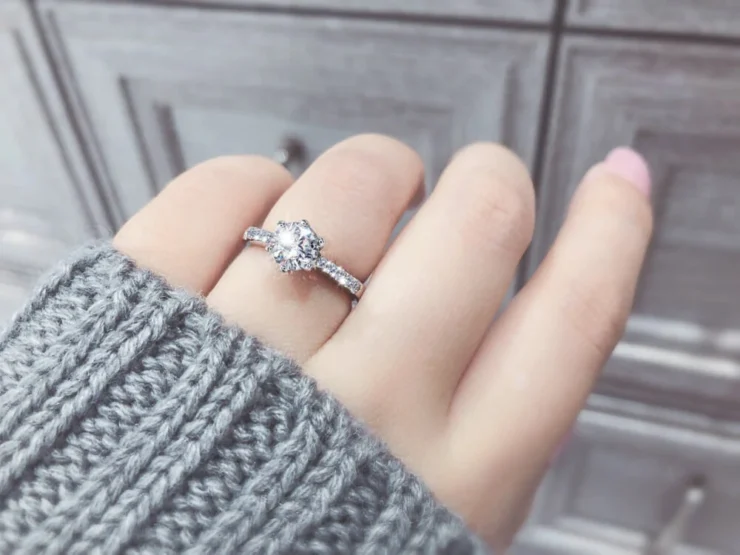Minimize Blue Light
Digital clocks, TVs, computer screens, tablets, e-readers, and smartphones all emit blue light. This is a short frequency form of light that disrupts sleep and can be harmful to your eyes. Minimize your screen time for at least a few hours before you go to bed to help you sleep better. Another thing that can be helpful is to wear orange-tinted glasses since they help to block blue light out. There are apps that are available for your smartphones, tablets, and computers, to prevent the screens on these devices from emitting blue light. In addition to avoiding blue light exposure, powering down several hours before you go to bed also makes sense to help improve your chances of getting a good night’s sleep. Cover up the displays that are visible while you are in bed, such as digital clocks. You can also use blackout curtains to block out any ambient light coming from the outdoors.
Create a Comfortable Sleep Environment
Trying to get a good restful night’s sleep in an environment that is busy, cluttered and uncomfortable will undo all of your hard work. Make sure that your bedroom is peaceful and a place for relaxation. Clear the clutter and make sure that your bed is as comfortable as possible, invest in a new mattress, read these Sleep Number reviews and treat yourself to some comfortable new bedding.
If You Are Sleep-Deprived, Take A Nap
Taking a nap can be a good way to get some extra sleep when you are tired. However, taking a long nap can make it harder to sleep at night. Naps that are less than 20 minutes long are the best. Longer ones can interfere with your nighttime sleep. It has been proven that short naps help to boost performance, mood, and alertness. For maximum benefits, take your naps in a dark, cool room. Try not to nap too late in the day since that can also have a negative impact on your nighttime sleep. Naps that are more than 10-20 minutes can cause sleep inertia. This is the disorientation and grogginess that occurs during the few minutes to half an hour before you wake up from a deep sleep.
Watching The Clock Increases Anxiety
Watching the clock is one of the worst things that you can possibly do if you are having difficulties falling or remaining asleep. Watching the hours, minutes, or second tick by while you are wide awake can produce lots of anxiety. That will definitely not help you sleep. Avoid watching the clock. Turn the clock so that you cannot see the display. Do something productive instead to help make you sleep and pass the time. Drink some warm milk of decaf tea, so a few light cores around your house, or read a book to fall asleep. Anything that you can do to pass the time and help distract yourself can be helpful when you are unable to fall asleep.
To help protect your back, put a pillow in between your knees
People with low back pain frequently have difficulty sleeping. One study showed that people who have chronic or acute low back pain both reported having difficulties with their quality of sleep. Sleep disturbance was not associated with their level of pain. If you have back pain issues, try to sleep on your side to help reduce the pressure placed on your lower back. Put a pillow in between your knees to ensure your hips stay aligned to reduce low back strain even further. Make sure that your mattress provides you with enough support and that it doesn’t cause your back pain to become further aggravated. To help protect your back, when you get in and out of your bed, swing both of your legs together, and also avoid bending at your waist.
While you are sleeping your neck should be kept in a neutral position
Neck pain is one of the most common reasons why many people have difficulties falling asleep. When you maintain the right posture it can help to reduce the possibility of neck pain and also help you sleep better. Your neck should be in the “neutral” position. This means your nose should be lined up with the middle of your body. Make sure to have a pillow that is the correct height so that your neck is kept in the neutral position. When the height of the pillow is too high it will cause your neck to bend too far forward. if it is too low then your neck will bend too far backward. A memory foam or feather pillow are both good options. Try not to sleep on your stomach. This causes your head to turn to the side and twists your neck. That can place pressure on the nerves and cause pain.

















